Optimal Timing for Water Treatments
Water treatments are essential for maintaining water quality and ensuring the safety of water supplies. The optimal timing for water treatments depends on various factors including seasonal changes, water usage patterns, and water quality fluctuations. Proper scheduling can enhance treatment effectiveness and reduce operational costs.
Water treatments are often most effective when aligned with seasonal variations in water quality, such as increased algae growth in warmer months.
High water usage periods may require more frequent treatments to maintain water quality standards.
Changes in source water conditions, like heavy rainfall or drought, can influence the timing of treatments.
Treatment schedules should adhere to local regulations, which may specify timing for certain treatments.

A modern water treatment facility in operation.
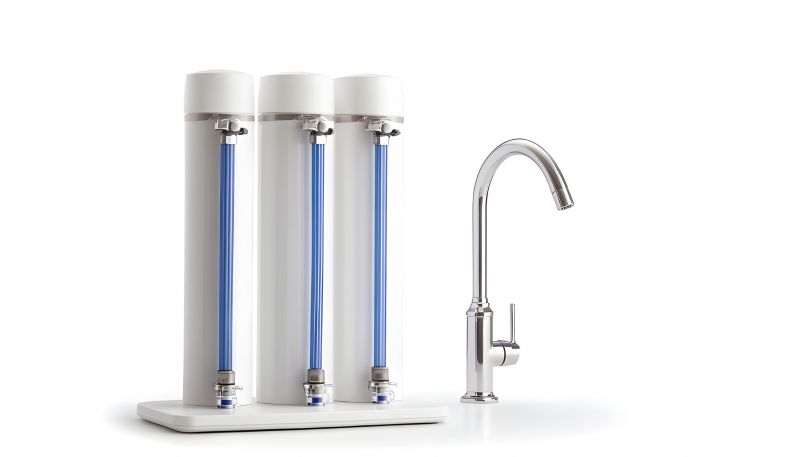
Precise chemical dosing for effective water purification.
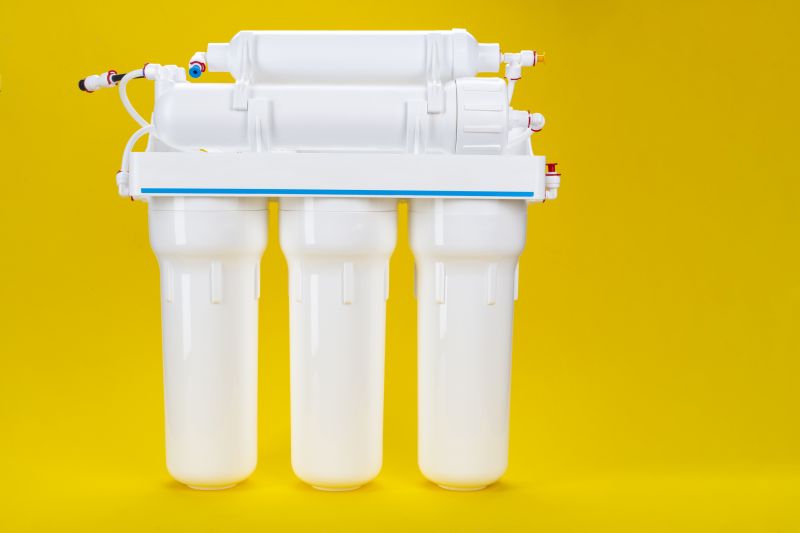
Advanced filtration equipment removing impurities.
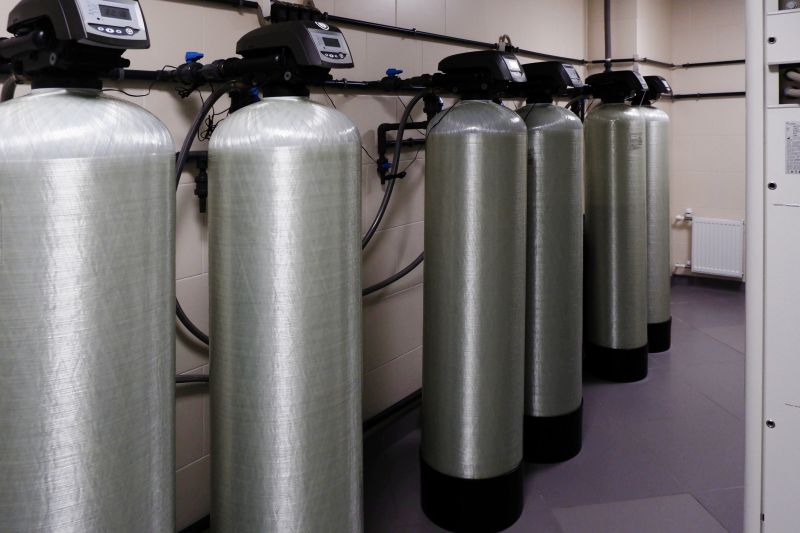
Ways to make Water Treatments work in tight or awkward layouts.
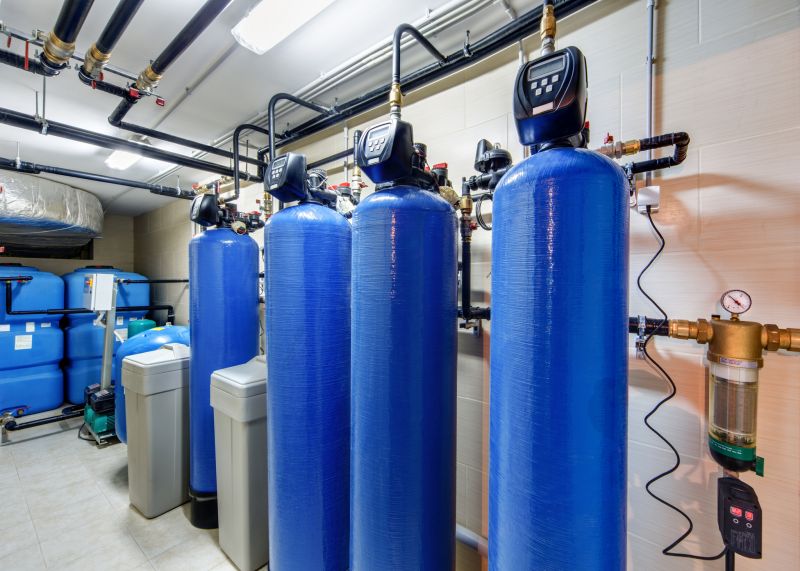
Popular materials for Water Treatments and why they hold up over time.
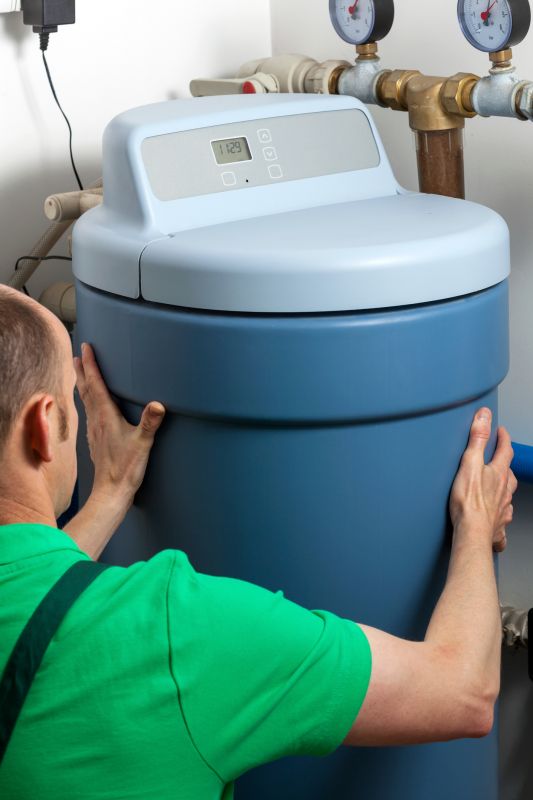
Simple add-ons that improve Water Treatments without blowing the budget.
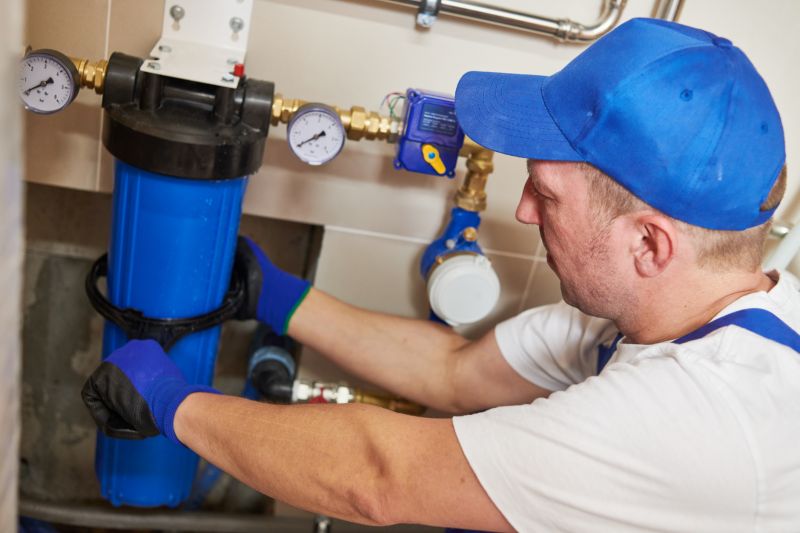
High-end options that actually feel worth it for Water Treatments.
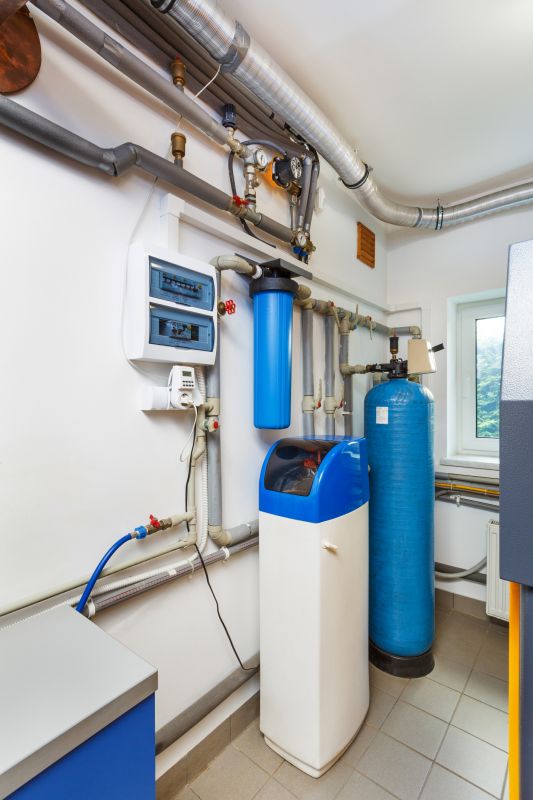
Finishes and colors that play nicely with Water Treatments.
| Season | Recommended Treatment Timing |
|---|---|
| Spring | Pre-treatment before peak usage |
| Summer | Increased treatment due to algae growth |
| Fall | Inspection and maintenance treatments |
| Winter | Treatments to prevent freezing damage |
Water treatments encompass various processes designed to improve water quality by removing contaminants, controlling microbial growth, and balancing chemical levels. These treatments are crucial for municipal water supplies, industrial processes, and residential systems. Effective timing ensures that water remains safe, clear, and compliant with health standards.

Equipment used for precise chemical dosing.
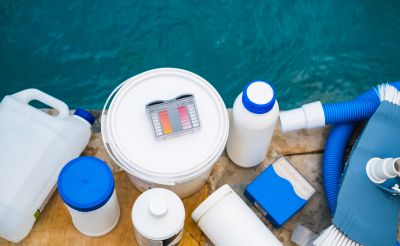
Tools for monitoring water parameters.
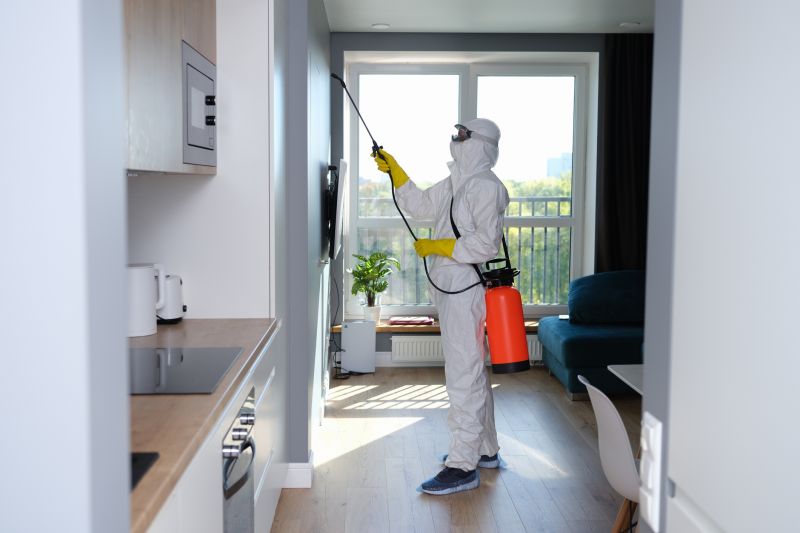
Methods for eliminating harmful microorganisms.

Structures for removing suspended solids.
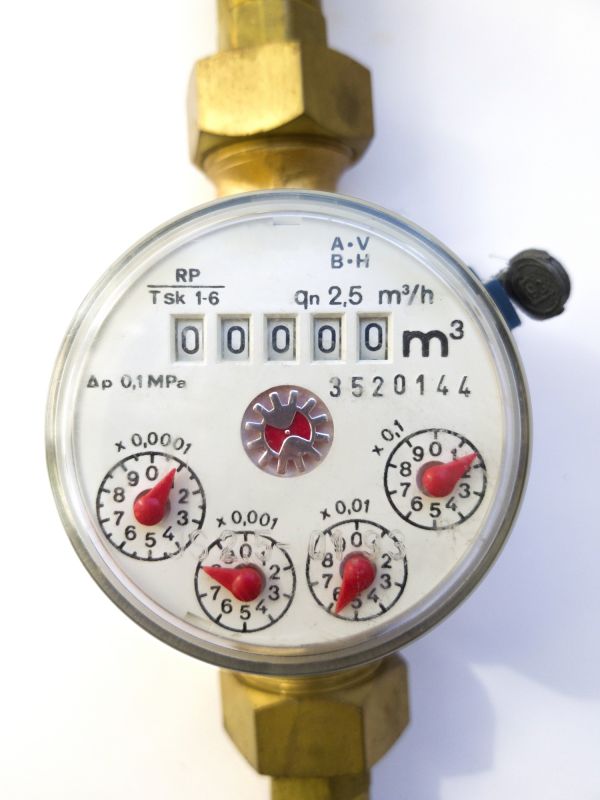
Little measurements that prevent headaches on Water Treatments day.

A 60-second routine that keeps Water Treatments looking new.

A frequent mistake in Water Treatments and how to dodge it.

Small tweaks to make Water Treatments safer and easier to use.
Scheduling water treatments at appropriate times maximizes efficiency and prolongs equipment lifespan. It also minimizes disruptions to water supply and ensures regulatory compliance. Regular monitoring and assessment are vital for determining the most suitable timing for each treatment cycle.
Professional advice can help determine optimal treatment schedules.
Plans tailored to specific water sources and usage patterns.
Continuous assessment ensures treatments remain effective.
Advanced systems for real-time water quality monitoring.

Expert analyzing water samples.
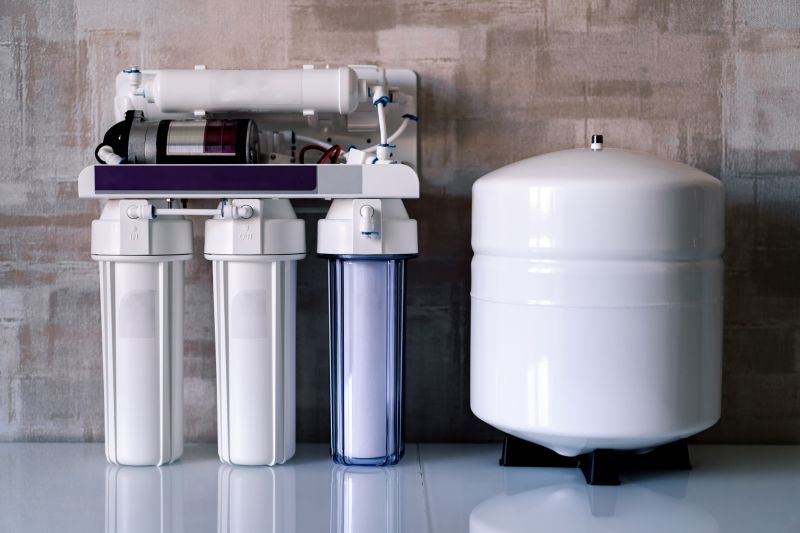
Real-time water quality data collection.
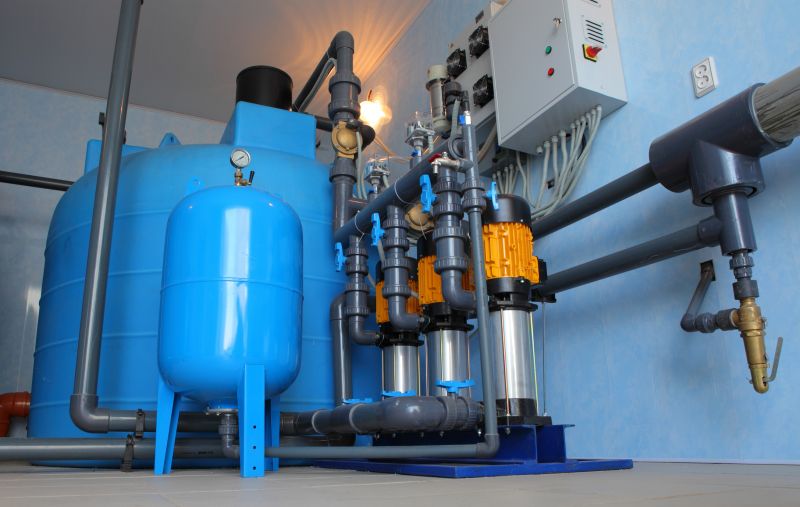
Comprehensive view of water treatment infrastructure.
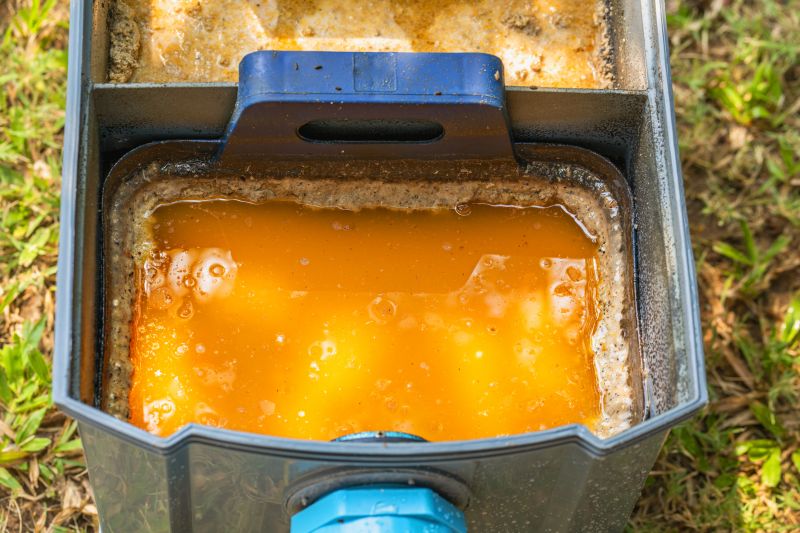
Lower-waste or water-saving choices for Water Treatments.

The short, realistic tool list for quality Water Treatments.

Rough timing from prep to clean-up for Water Treatments.

Quick checks and paperwork to keep after Water Treatments.

Examples that show the impact a good Water Treatments can make.
Interested parties are encouraged to contact for tailored water treatment schedules and solutions. Proper timing and management of water treatments are vital for maintaining water quality and safety in Winter Haven, FL.

